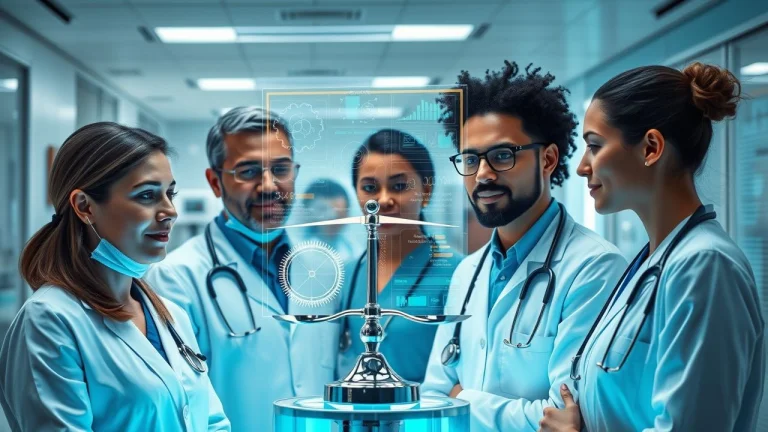
One key area of progress is PGT. This allows embryologists to screen embryos for chromosomal abnormalities before implantation, massively reducing the risk of miscarriage and increasing the chances of a successful pregnancy. As Dr. Eleanor Vance, a leading fertility specialist at the London Fertility Clinic, puts it: PGT is a game-changer. It gives us a far greater understanding of embryo viability and allows us to select the embryos with the highest potential for a healthy pregnancy.
Furthermore, improved ovarian stimulation protocols are ensuring we collect more high-quality eggs. These protocols are now much more individualised, taking into account a woman's age, medical history, and ovarian reserve. This tailored approach is paramount.
Data from the American Society for Reproductive Medicine (ASRM) consistently demonstrates that these advancements are translating into higher IVF success rates. Studies show that PGT, in particular, can significantly improve pregnancy rates in women of advanced maternal age. It is important to speak with your consultant about if PGT is right for you.
One of the most promising applications of AI lies in optimising embryo selection during IVF. Algorithms can analyse a multitude of factors – from microscopic images to genetic information – to identify the embryos with the greatest potential for implantation and healthy development. This is far more sophisticated than relying solely on traditional morphological assessments.
"AI offers the possibility of a much more objective and data-driven approach to embryo selection," says Professor Sarah Johnson, a leading researcher in reproductive AI at University College London. "We're teaching computers to recognise subtle patterns and indicators that might be missed by the human eye, potentially improving success rates significantly."
Several ART clinics are already incorporating AI-powered tools into their workflows. For instance, some clinics are using AI algorithms to predict ovarian stimulation responses, allowing for fine-tuning of medication dosages and improved egg retrieval outcomes. Others are employing AI to assess sperm quality more accurately and identify suitable candidates for fertilisation.
The potential for personalised medicine in fertility is vast. Dr. Emily Carter, a consultant embryologist at a leading fertility clinic in Manchester, explains, "We're moving beyond a 'one-size-fits-all' approach. AI allows us to factor in a patient's unique medical history, genetic profile, and treatment response to create a truly bespoke plan. It's early days, but the initial results are incredibly encouraging."
However, researchers urge caution and highlight the need for rigorous validation of AI algorithms before widespread adoption. As highlighted in a study published in Human Reproduction (Smith et al., 2023), ethical considerations and data privacy are paramount when deploying AI in such a sensitive area as fertility treatment. Despite the challenges, the integration of AI promises to usher in a new era of more effective, individualised, and hopeful ART for countless couples struggling with infertility.
The emotional toll of infertility, and even the process of ART itself, can be significant. Recognition of this has led to a growing emphasis on mental health support within ART clinics. It's increasingly common to find in-house counsellors or strong referral networks offering specialist support.
Clinics are cottoning on to the importance of offering a more rounded service. As one therapist specialising in infertility support put it: "It's not just about the science; it's about supporting people through a profoundly emotional experience."
Several psychological studies highlight the profound emotional impact of infertility. Feelings of grief, anxiety, and isolation are often reported. The good news is that integrated mental health care, including counselling and support groups, can make a tangible difference.
For those navigating the ART route, remember that seeking professional mental health support isn't a sign of weakness; it's a sign of strength. It's about equipping yourself with the tools to navigate the emotional complexities of this journey. A holistic approach – one that acknowledges both the physical and emotional aspects of fertility treatment – offers the best chance of success and wellbeing. If you're going through it, remember you're not on your own. There's support available, so reach out.

AI in Healthcare: Revolutionizing Patient Care and Navigating Ethical Dilemmas
Rising Mental Health Awareness Demands Stronger Support Systems and Accessible Resources
Revamping America's Roads: Ambitious Plans to Modernize U.S. Transportation Infrastructure Take Center Stage
Navigating the AI Revolution: Why Regulation is Now Essential
AI Ethics: Tech Leaders and Ethicists Clash Over Algorithmic Bias and the Future of Responsible AI Development
Cities Prioritize Public Transportation Improvements for Sustainable and Accessible Urban Living